Bluestone Center for Clinical Research at the New York University College of Dentistry recently released the results of several projects that evaluated the clinical efficacy and performance of the E4D Dentist System (D4D Technologies) and compared the fit and strength of restorations produced by the E4D Dentist System with those from a competitive chairside CAD/CAM system.
In the clinical evaluation, the investigators reported the E4D Dentist System was “… easy to learn by both experienced and inexperienced CAD/CAM users. Restorations were captured (scanned), designed, milled, occlusion adjusted and inserted in an average of less than 45 minutes. One hundred percent of all restorations created were found to be clinically acceptable by an independent examiner…”
In a separate in-vitro investigation, full coverage restorations of similar design were fabricated by the E4D Dentist System and a competitive system, seated onto composite dies using resin-based cements and then sectioned for fit analysis. The analysis showed that the E4D fabricated crowns exhibited a reduced and more homogeneous fit at all measured positions (buccal, lingual and center). The results demonstrated a mean marginal fit of less than 20 microns, with an upper limit of 30 microns for E4D restorations and a mean marginal fit of 43 microns with an upper limit of 68 microns for the competitive system.
In a subsequent in-vitro evaluation, the mouth-motion fatigue reliability and failure modes of monolithic crowns (IPS Empress CAD, Ivoclar Vivadent) fabricated by the E4D Dentist System and a competitive system were evaluated. Results from the single load to failure provided a value of 1175 N for the E4D fabricated restorations and 1087 N for the competitive system. In the fatigue failure evaluation, no statistical difference was noted between the two systems.
Dr Gary Severance, D4D Technologies’ vice president of clinical affairs, said: “Clinicians who currently embrace chairside CAD/CAM dentistry and those who may have been cautious in the past due to misconceptions regarding the integrity and ease of use of such systems will be encouraged by these results. We are grateful to researchers at NYU’s dental school for their contribution and effort and for making their findings available to the profession.”
It should be noted that different operators fabricated the samples from each system.
The authors of the reports are Van P. Thompson, E. Dianne Rekow, Mark Wolff and Nelson RFA Silva. Copies of the complete reports are available online at www.e4d.com/resources/nyuReports.php.
D4D Technologies LLC is taking the dental profession to a higher level of productivity, patient comfort and convenience with its E4D Dentist, E4D Labworks and E4D Studio Systems, all part of the E4D Sky Network of products. The systems use high-speed laser scanning technology to produce digital 3-D impressions of teeth prepared for full contour crowns, inlays, onlays, smile designs and no-prep veneers.
The intuitive DentaLogic software enables operators to customize restoration designs and send them wirelessly to the precision mill that uses the latest restorative materials to produce fine esthetic restorations.
Headquartered in Richardson, Texas, a suburb of Dallas, D4D Technologies has partnerships with major corporations in the dental profession: Henry Schein is the company’s exclusive global distributor; 3M ESPE and Ivoclar Vivadent supply restorative materials.
For more information, see www.E4D.com.
Sirona Dental Systems, the company that pioneered digital dentistry 25 years ago and the world’s leading producer of dental CAD/CAM systems, was ...
Planmeca has announced new branding for its complete chairside CAD/CAM system. Introducing Planmeca FIT, composed of the PlanScan scanner, PlanCAD software ...
ChairsideCAD, available from exocad, is the choice of software for leading manufacturers of dental CAD/CAM systems, according to the company, and it has ...
Everything seems to be going digital. Photography. Music. File Storage. Even dental labs, which will benefit patients as well as the dentists who serve ...
Labs are seeking long-lasting solutions, and these require long-lasting commitment from the CAD/CAM system provider. 3Shape recently proclaimed its ...
SCOTTSDALE, AZ / NEW YORK, NY, USA: Sirona Dental Systems, a company that pioneered digital dentistry 25 years ago and a leading producer of dental CAD/CAM ...
The U.S. dental market is rapidly adopting automated and digital technologies for the production of dental restorations. This trend is primarily driven by a...
To date, dental CAD/CAM systems have primarily focused on creating only one specific type of fixed restoration — zirconia copings. As the digital ...
In 2010, the Chinese and Indian markets for dental prosthetics, which included crowns, bridges and dentures, were valued at over $652 million. The global ...
While it took slightly longer than anticipated to integrate digital dentistry into the daily practice, the new millennium seemed to have been the catalyst ...
Live webinar
Wed. 4 March 2026
12:00 PM EST (New York)
Munther Sulieman LDS RCS (Eng) BDS (Lond) MSc PhD
Live webinar
Wed. 4 March 2026
1:00 PM EST (New York)
Live webinar
Wed. 4 March 2026
8:30 PM EST (New York)
Lancette VanGuilder BS, RDH, PHEDH, CEAS, FADHA
Live webinar
Fri. 6 March 2026
3:00 AM EST (New York)
Live webinar
Mon. 9 March 2026
12:30 PM EST (New York)
Live webinar
Mon. 9 March 2026
3:00 PM EST (New York)
Live webinar
Tue. 10 March 2026
4:00 AM EST (New York)
Assoc. Prof. Aaron Davis, Prof. Sarah Baker



 Austria / Österreich
Austria / Österreich
 Bosnia and Herzegovina / Босна и Херцеговина
Bosnia and Herzegovina / Босна и Херцеговина
 Bulgaria / България
Bulgaria / България
 Croatia / Hrvatska
Croatia / Hrvatska
 Czech Republic & Slovakia / Česká republika & Slovensko
Czech Republic & Slovakia / Česká republika & Slovensko
 France / France
France / France
 Germany / Deutschland
Germany / Deutschland
 Greece / ΕΛΛΑΔΑ
Greece / ΕΛΛΑΔΑ
 Hungary / Hungary
Hungary / Hungary
 Italy / Italia
Italy / Italia
 Netherlands / Nederland
Netherlands / Nederland
 Nordic / Nordic
Nordic / Nordic
 Poland / Polska
Poland / Polska
 Portugal / Portugal
Portugal / Portugal
 Romania & Moldova / România & Moldova
Romania & Moldova / România & Moldova
 Slovenia / Slovenija
Slovenia / Slovenija
 Serbia & Montenegro / Србија и Црна Гора
Serbia & Montenegro / Србија и Црна Гора
 Spain / España
Spain / España
 Switzerland / Schweiz
Switzerland / Schweiz
 Turkey / Türkiye
Turkey / Türkiye
 UK & Ireland / UK & Ireland
UK & Ireland / UK & Ireland
 International / International
International / International
 Brazil / Brasil
Brazil / Brasil
 Canada / Canada
Canada / Canada
 Latin America / Latinoamérica
Latin America / Latinoamérica
 China / 中国
China / 中国
 India / भारत गणराज्य
India / भारत गणराज्य
 Pakistan / Pākistān
Pakistan / Pākistān
 Vietnam / Việt Nam
Vietnam / Việt Nam
 ASEAN / ASEAN
ASEAN / ASEAN
 Israel / מְדִינַת יִשְׂרָאֵל
Israel / מְדִינַת יִשְׂרָאֵל
 Algeria, Morocco & Tunisia / الجزائر والمغرب وتونس
Algeria, Morocco & Tunisia / الجزائر والمغرب وتونس
 Middle East / Middle East
Middle East / Middle East
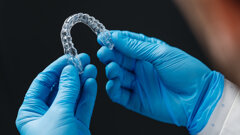

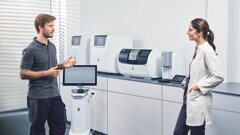
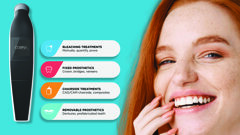
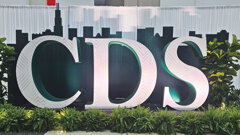




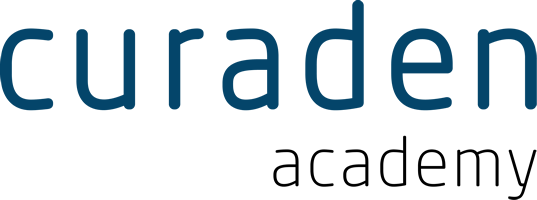
















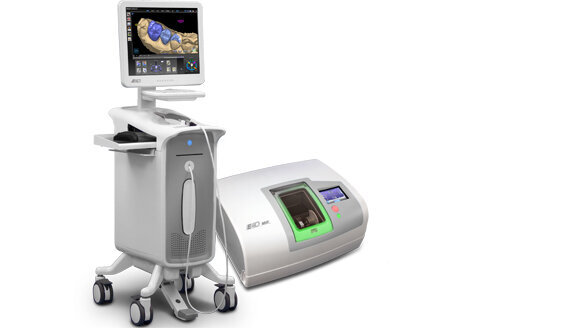



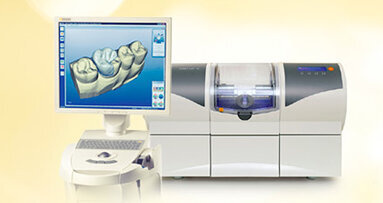
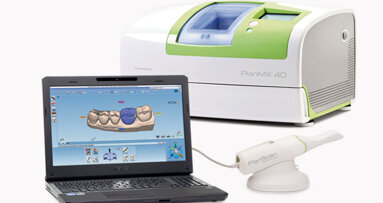
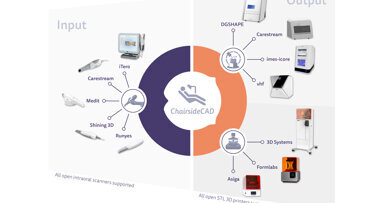
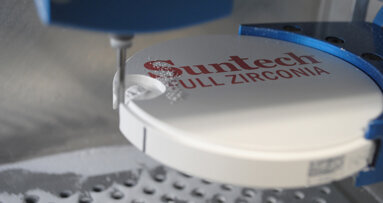
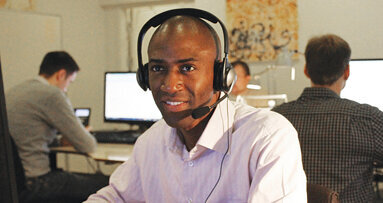
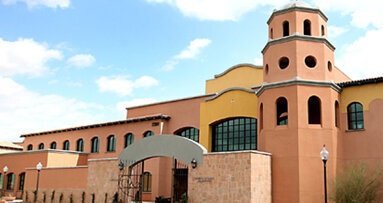
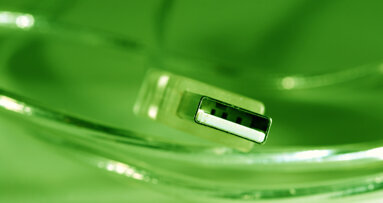
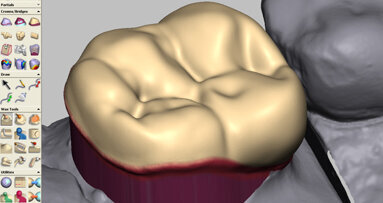
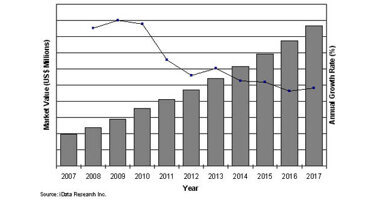
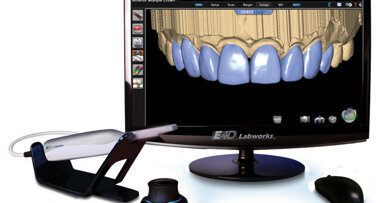
















To post a reply please login or register